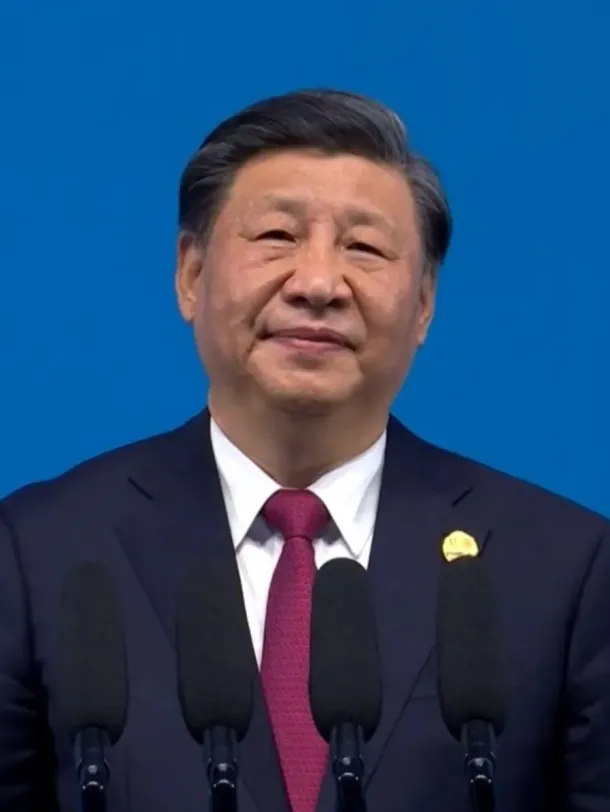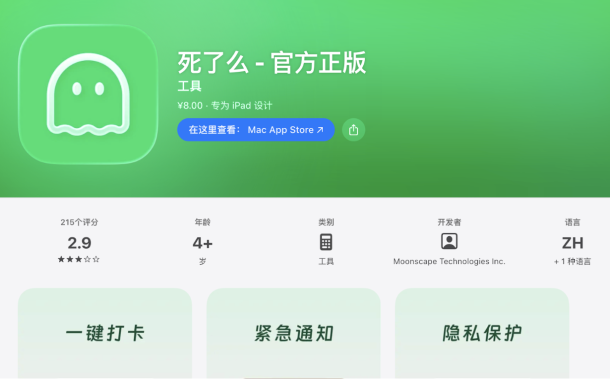
Late last month, Chinese search engine giant Baidu weathered a storm when the 13-year-old daughter of Vice President Xie Guangjun (谢广军) exposed critics’ private information online — raising suspicions the data came from inside Baidu. The practice, known in China as “open boxing” (开盒), refers to exposing someone’s private information online. At a March 20 press conference, security director Chen Yang (陈洋) presented evidence claiming “no employee at any level has access to user data.” Baidu attributed the leak to “overseas social engineering databases” rather than internal sources. Despite showcasing its security framework and announcing an “anti-doxxing alliance,” public skepticism remains intense, with many Chinese netizens declaring they “won’t dare use Baidu anymore.”

Baidu headquarters in Beijing. SOURCE: Wikimedia Commons.
















